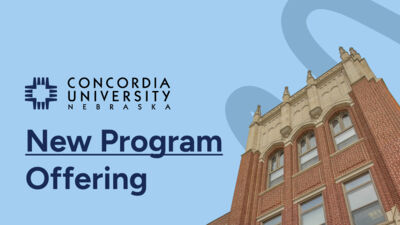Is accounting an art or a science?

The question of whether accounting is an art or a science is one that has been debated for many years. Most people will argue that it is a science because it relies on calculations to achieve exact answers. Other people will simply say that since it has to do with math, it cannot be an art. However, accounting is not as rigid a field as some may think.
Accounting is a science in that it is governed by rules, principles, and standards. The science of accounting is rooted in objectivity and accuracy and depends on strict adherence to guidelines.
Accounting follows established series of principles, such as Generally Accepted Accounting Principles (GAAP) and International Financial Reporting Standards (IFRS). The science of accounting provides the field with a structured framework which ensures consistency across firms and reliability in financial reporting.
One of the most fundamental principles within the science of accounting is the matching principle. This principle states that businesses will record their revenues alongside their expenses in the same accounting period. This ensures that financial statements accurately reflect the real economic state of a business at any given point in time.
On the other hand, accounting is an art in that it requires a lot of professional judgment for unique data and situations. Dr. Andrew Langewisch, professor of business administration at Concordia University, Nebraska says, “It [accounting] is like an art in that professional judgment is required to interpret financial data, apply principles to unique situations, and communicate complex information effectively—much like an artist who must decide how best to convey meaning through their work.”
This side of accounting relies on the ability of the accountant to present financial information in a comprehendible manner. At their core, financial statements tell a story about the financial health and performance of a business or individual. Crafting these “narratives” requires some creativity to ensure that the stakeholders can understand the implications and make informed financial decisions.
In addition, accounting extends into the realm of problem-solving. Accountants often discover complex situations that require a different approach than what the standard is. The artistic side of accounting shines through in the accountant’s ability to think critically and strategically, no matter what the scenario.
At Concordia, the accountancy program embraces both aspects of the career. While the two sides may seem opposites, they complement each other in a delicate balancing act. The science provides structure, and the art infuses context into an otherwise meaningless stream of numbers. The right balance of the two creates accurate and meaningful reports. As the art and science of accounting is examined, it becomes clear that successful accounting professionals are adept at navigating the technicalities of the field but also possessing the skills necessary to adapt in unique situations and apply creativity and critical thinking in their diverse and dynamic business environments.
A degree in accounting from Concordia University, Nebraska gives you the education to succeed in just about any aspect of the business world. Here, you get the foundation you need to become a certified public accountant, work for government institutions or in a private accounting firm, pursue a career in finance or corporate management accounting or become an entrepreneur. Learn more about Concordia’s accounting program here.
Interested in Concordia University, Nebraska's accounting program?
Related Stories


